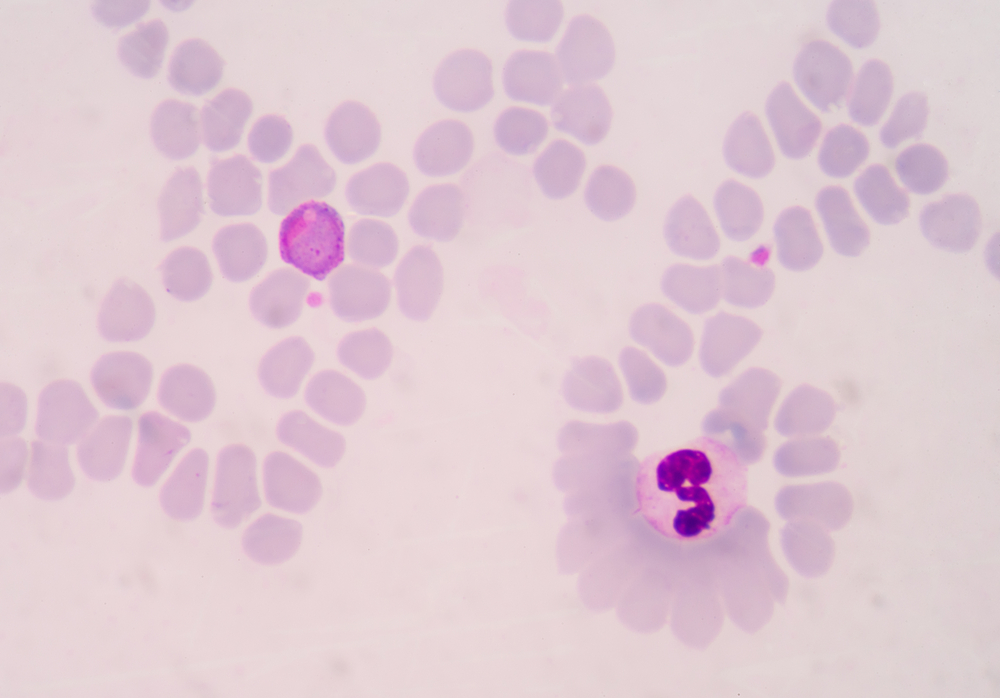
The University of Maryland School of Medicine has been awarded a $9 million seven-year grant by the National Institute of Allergy and Infectious Diseases (NIAID) to develop new tools to help eliminate drug-resistant malaria in Southeast Asia and other regions where the disease is common.
Principal investigators for the project are the husband-and-wife team of Christopher Plowe, director of the Institute for Global Health (IGH), University of Maryland School of Medicine, and Myaing Myaing Nyunt, director of IGH Myanmar at the IGH.
“The initial strategy was to try to contain drug-resistant malaria and prevent it from spreading, but our research will help us move forward toward completely eliminating malaria from this region,” said Dr. Plowe.
Despite significant progress in reducing malaria incidence and mortality, the World Health Organization estimates that roughly 212 million new cases of malaria and 429,000 malaria deaths occurred in 2015 alone. In addition, drug-resistant cases are on the rise. The emergence of multi-drug resistant malaria parasites in Southeast Asia is especially concerning to public health officials, who fear it may spread worldwide, resulting in untreatable malaria.
At sites in central Myanmar and on both sides of its borders with China and Bangladesh, the new Myanmar Regional Center of Excellence for Malaria Research will integrate findings from clinical and field research, including molecular surveillance, genomics, and geospatial mapping and modeling of malaria risk, to provide essential knowledge, tools, and evidence-based strategies to stratify malaria risk, with the ultimate aim of accelerating malaria elimination in the region. The center is one of seven International Centers of Excellence for Malaria Research (ICEMR) around the world.
IGH has already conducted genetic studies to track the emergence and spread of resistance to artemisinins, the first line drugs used to treat malaria worldwide. They have also developed highly sensitive diagnostic tests for low-level malaria infections that serve as a reservoir, causing no symptoms in infected people. “We think these ‘silent’ infections may be a critical source of ongoing malaria transmission that are missed by standard tests and interventions,” said Dr. Nyunt, who is originally from Myanmar.
The grant number is 1U19AI129386-01.
Filed Under: Drug Discovery




